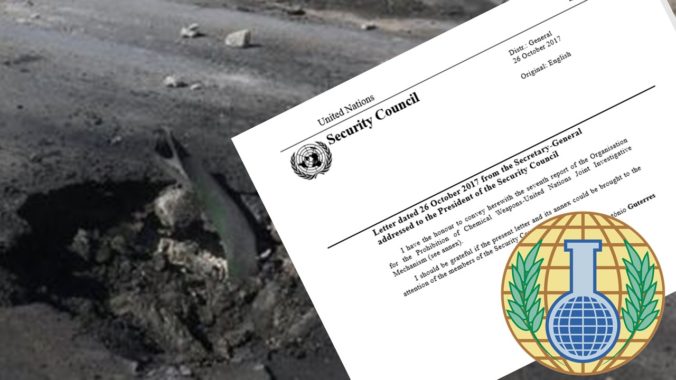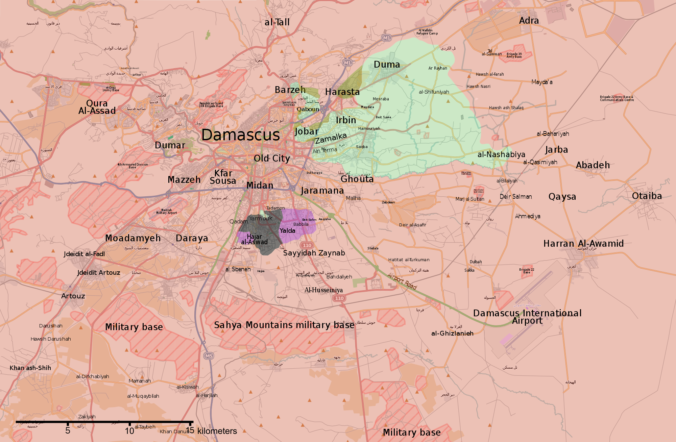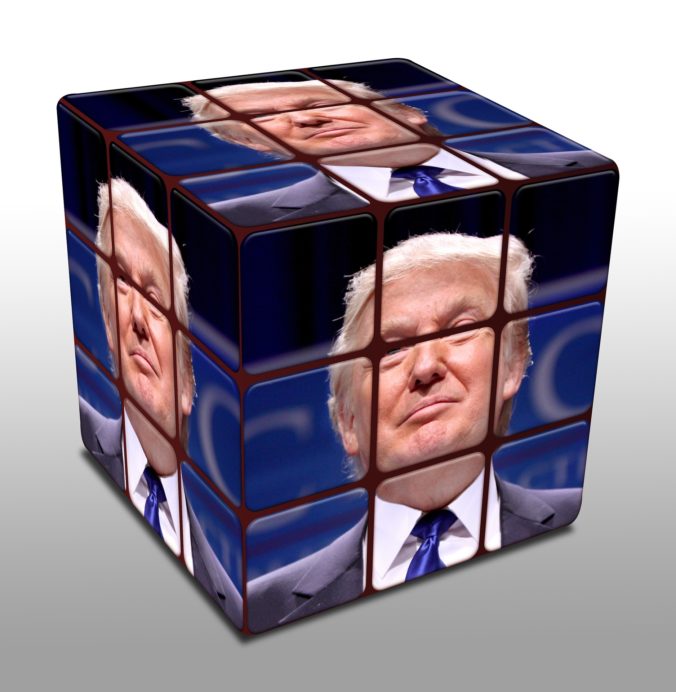The human mind doesn’t deal well with complexity. It seeks shortcuts, often being fooled by one of many cognitive biases. One of the goals at Rootclaim is to reduce uncertainty by breaking down complex questions into more manageable pieces. This whole system is strengthened by the open crowd-sourced approach, which increases the breadth, depth, and creativity of the analysis. A good case in point is the contrast between the recent UN Joint Investigative Mechanism (JIM) report on the Khan Sheikhoun chemical attack, and the Rootclaim analysis of the same incident.
Author: Steven (page 1 of 2)
Hiding in Plain Sight
For almost a decade, Osama Bin Laden eluded escape, despite a $25 million bounty on his head. That ended in May 2011, when two American helicopters touched down outside a walled compound in Abbottabad, Pakistan. American soldiers stormed Bin Laden’s safehouse, shooting and killing him. Bin Laden’s death raised more questions than it answered. The most glaring question: did the Pakistani government realize that Bin Laden was hiding under their noses?
The Rootclaim analysis of this question looked at extensive evidence. This included information reported about the Bin Laden compound, leaked communications, US behavior following the raid, statements by Pakistani leaders, and the findings of the Abbottabad Commission Report. Continue reading
Heuristics: Decision-making Shortcuts
What are you more afraid of: boarding a plane, or getting into a car? For many people, flying comes with nervousness or trepidation. Such concerns don’t reflect realistic concerns. Car crashes claim more lives each year by orders of magnitude. But they do reflect something else: a cognitive trap to which almost everyone is susceptible.
Making decisions can be difficult. To help us along, our minds use a number of cognitive shortcuts. These shortcuts, called heuristics, allow us to make more rapid decisions with minimal calculations. Unfortunately, while generally efficient, heuristics can also lead us astray.
Ghouta Attack
On August 21, 2013, the war in Syria reached a new low. Horrific pictures and stories began to spread about an attack near Damascus. Reports of chemical weapon use in the Ghouta region soon followed.
It was soon confirmed that there had indeed been a chemical attack. Deadly sarin-gas rockets had hit multiple areas within the Ghouta region, causing hundreds of casualties. But while there had clearly been an attack, its origins were less obvious. Syria, Russia, the US, UN, and opposition fighters all argued about who was responsible. These claims often reflected political interests more than truth-seeking. At Rootclaim, we set out to sift through the evidence in search of more objective conclusions.
Discounting Weak Evidence
One pitfall to avoid is prematurely discounting seemingly weak evidence. Weak evidence can take many forms. It could be evidence that seems very unlikely under all hypotheses. Or it could be evidence that is non-intuitive and doesn’t seem to fit what we consider “conclusive” evidence.
When evaluating evidence, it’s easy to get distracted looking for “irrefutable” evidence (more on that in an upcoming blog post). However, that’s a mistake. What’s really important is the ratio between how likely evidence is under the hypotheses.
Strength in Numbers
How much does a snowflake weigh? How about a drop of water? If you’ve ever shoveled snow, or picked up a large jug of water, you know that the weight adds up. The same principle holds true with evaluating evidence. When starting an analysis, we often find little hints that slightly support one hypothesis over the other. Many people might think that these clues wouldn’t really have an impact. Or they might assume that a piece of evidence with a significant influence on the hypotheses renders other evidence meaningless.
However, just like snow, those little pieces of evidence can add up. It’s hard to shovel up thousands of snowflakes at a time (even though individually they’re almost weightless). Likewise, enough evidence pointing in the same direction can have a weighty influence (even if each individual “proof” is not that strong independently).
Continue reading
On Monday, John went to the mall. John left Green’s Grocery at 7:47 AM and drove home in his 2007 Honda Pilot. John forgot his blue umbrella in the store. That night John’s neighbor Martha, a retired engineer who lives down the block from him, called him. Martha had found the umbrella and was coming to return it. Is that a miracle? Or a largely predictable outcome? The answer depends on which of the many coincidences we consider.
The MMR Vaccine Controversy
The controversy over whether and how often to vaccinate children remains a volatile one. But how much does this debate match the empirical data and objective reasoning? The Rootclaim analysis of the MMR vaccine and its alleged ties to autism illustrates the challenges of objective, rational decision-making. Continue reading
What’s the Deal with Trump’s Hair?
Given Donald Trump’s flair for controversy, it’s not surprising that even his hair would be the subject of debate. In “What is the story behind Donald Trump’s hair?”, Rootclaim analyzes the most popular claims about the Donald’s trademark hair-covering to cut through the uncertainty.
The False Dilemma
The Fallacy of Presumption can take many forms. One common example is the false dilemma. This fallacy is also known as the false binary or false dichotomy. As its name indicates, the false dilemma divides a scenario into only two alternatives. When the situation calls for a yes/no answer, that works fine. But in many situations, things are more complex. Thus the false dilemma tricks you into choosing between two imprecise, inaccurate or otherwise flawed options.
© 2026 Rootclaim Blog
Theme by Anders Noren — Up ↑











Recent Comments